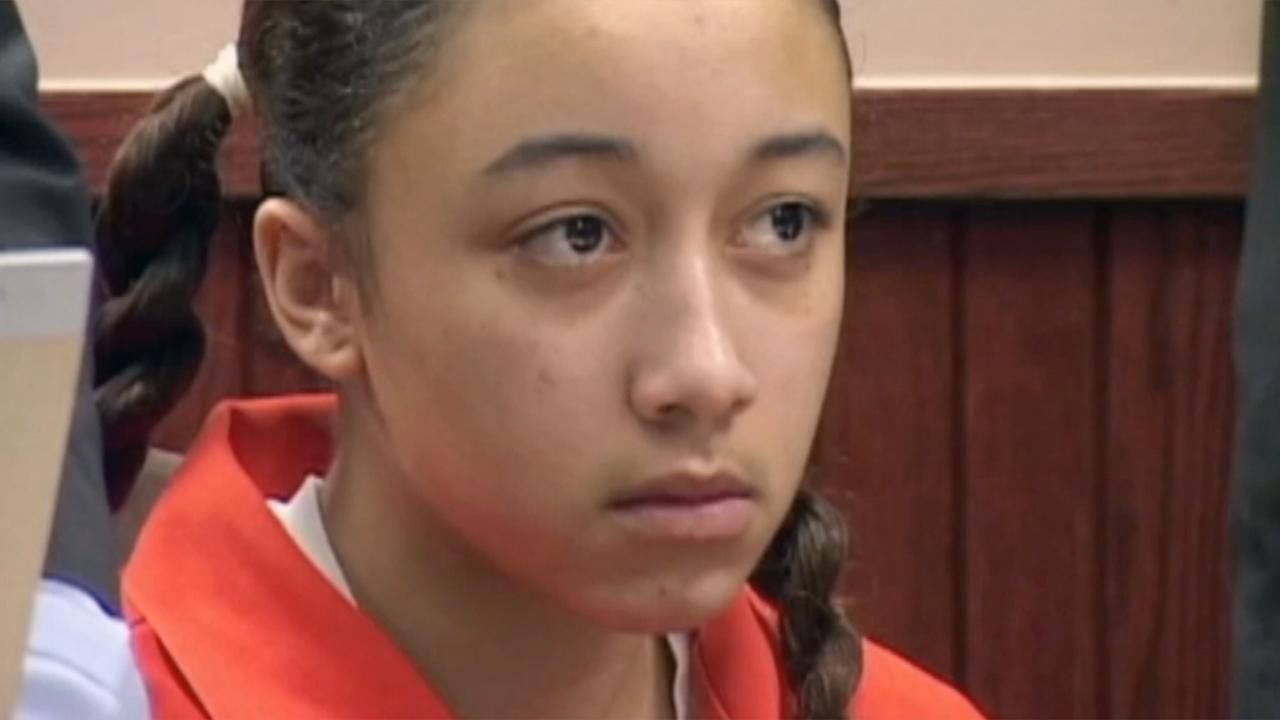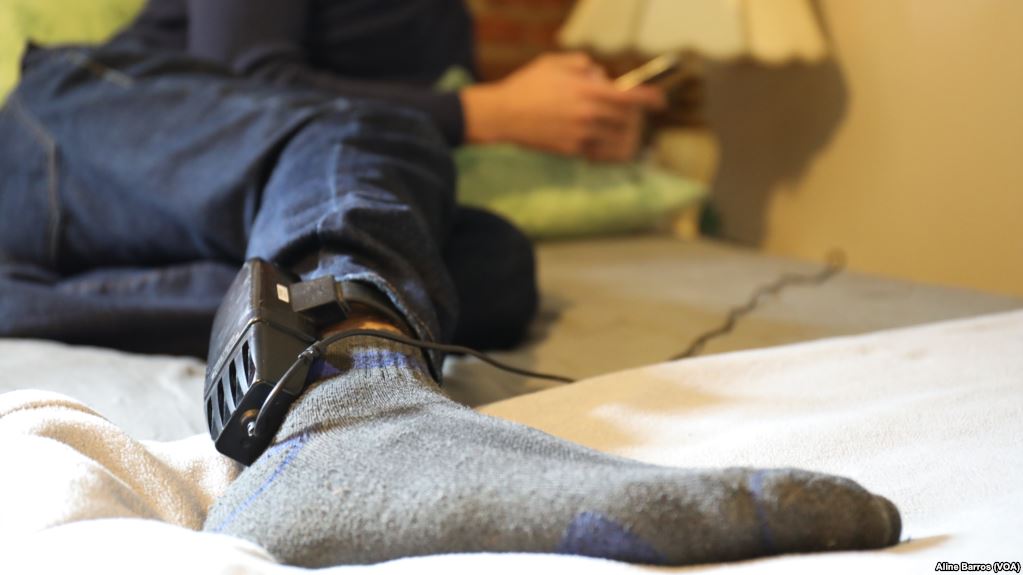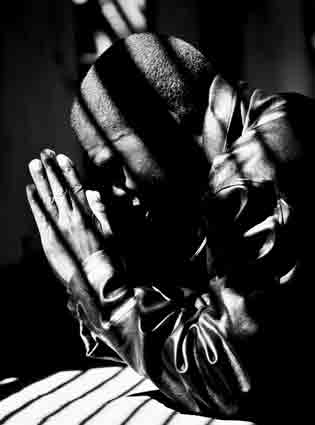In the United States, domestic violence is taken very seriously. While most of the alleged victims are true victims, the laws surrounding domestic violence (DV) offenses make it easy to report a false charge. In fact, out of the ~2.5 million reported DV cases each year, 700,000 of them result in someone wrongfully arrested. I was one of them.
Nowadays in many states, there does not need to be any sort of injury in order for an arrest to be made. We all have engaged in some form of an argument in our home lives, but now such arguments can lead to an arrest and possible DV conviction (disturbing the peace, disorderly conduct, etc). I won’t share too many of the details in my case, as every single case is unique, but I will share with you what I have learned from the ordeal.
1. Prosecutors Use Dirty Tricks to Seal Convictions

If you are facing a misdemeanor DV charge, there is a good chance that you will be released on your own recognizance. Because of this, most defense attorneys are able to take their time with your case to provide you with the best outcome. Prosecutors know this, and therefore may charge you with a felony.
In my case, I was charged with multiple felonies, including strangulation and kidnapping. Because of this, I was given a 5-figure bail with an ankle monitor. I was also facing several years in prison. Even though there was no proof that I did the things I was charged with, the prosecutors wanted to “play it safe” and overcharge me. Although I was lucky enough to have the money to bail myself out, I was still strapped with an EM device around my ankle, along with a curfew, for over 6 months.
This is how prosecutors get you to plead guilty to something you may not have even done: they request that your pre-trial conditions be so harsh, and charge you with enough serious felonies, that you simply give in to move on with your life. Although a judge is the one who ultimately sets your release conditions, it’s unlikely a judge will lessen them before a case is settled.
Note that while any crazy female can make an unfounded report against you, it is ultimately the prosecutor that is keeping the allegations alive.
2. The (In)justice System

The (in)justice system does not only hurt men, it hurts women too. Take for example the story of Cyntoia Brown, a 16-year-old runaway in Tennessee that was taken captive into sex slavery. She was “bought” by an older man, and held captive for several weeks until she took it upon herself to kill her kidnapper, and has since been sentenced to life in prison.
The prosecutors, the judges, the parole board, and the people of Tennessee don’t seem to care too much about her story. Maybe you don’t either. Just keep in mind, if such injustice could happen to a 16 year old black girl, much worse could happen to you.
3. Forgiveness
Unlike some defendants who are released on their own recognizance (OR), I was constantly thinking about my case as I had a big reminder of it around my ankle. I had to keep the EM device charged every day (which takes ~2 hours), and I had to check in with my bail bondsman twice a week.

The alleged victim, some girl I was just having sex with, found out she wasn’t the only female I was with, so she was essentially a “scorned woman.” She was not going to let it go. She apparently got angry with the prosecutor when she saw the plea deal I was offered. Every time my attorney filed a motion, the alleged victim would tell the prosecutor to not let it pass. She was willing to go all the way through trial and would not let the prosecutor accept a lesser plea.
Most men would want to seek revenge against those who put them in such a conundrum. Believe me when I say I thought long and hard about it, but then how would I be any different?
Both the accuser and the prosecutor did not have any sort of forgiveness for me. The accuser however is most likely going to live a very sad life. She has nothing but scorn to offer. I, on the other hand, have moved on, and am writing this just to share my story. And my life is much better now. If I chose not to forgive, or maybe decided to seek some sort of revenge, I can almost guarantee that I would be just as miserable as my accuser.
4. Being the Bad Boy Isn’t as Cool as You Think

I guess if there is one positive consequence from my experience, it would be that I am now officially a bad boy. I was one good lawyer away from being a felon. I don’t need an arm sleeve of tattoos to prove this to the world either: my friends, family, and even girls I chat up can smell it on me.
The only problem with this is that prospective employers, clients, and customers can smell it on me as well. I now have to make an effort to make myself look like a good ol’ boy. You get a lot more when you embrace a good Christian look than you do trying to emulate Chris Brown or Charlie Sheen.
A Return to Faith

Before my arrest, I had not stepped foot in a catholic church in a long time. In fact, other than funerals, I don’t think I stepped foot in one since I was a young kid. I almost forgot how to pray.
It’s funny how when we face such hard times in our life, we tend to return to our church. One thing to keep in mind is that god will not make your problems go away, but will give you the inner strength you need to overcome such problems.
Be Humble
To conclude this story, I must confess that I did accept a plea deal. It was for one misdemeanor, no jail time, and was ordered to complete anger management classes. My attorney had enough to get all of the felonies dropped for lack of evidence, but due to the current DV laws (especially in my state), he did not have enough to get the misdemeanor dropped. I would have had to fight it in trial and could have been sentenced to a few months in jail if I was found guilty. I also would have forked over another $20,000 for a trial, and would have had the ankle monitor on the entire time. I am lucky because in my state we have expungement laws, so in a few years it will be like this never happened.
As much as I wanted to fight the case, to have a crystal clean record and to see the look on my accusers face after winning, that was not what was really important to me. What was important to me was getting the ankle monitor/curfew off so that I can move on with my life and live it to the fullest.
Sometimes you have to ask yourself what is important to you, and if what you are doing really matters. A problem that many young men face nowadays in America is that nothing truly matters to them. They have everything to the point that they have nothing. Instead of taking advantage of the gifts many of them have, they use heroin, watch pornography, engage in pointless street battles like what we saw in Charlottesville, commit suicide, and essentially throw their lives away.
I was given a second chance, and will not take it for granted. Hopefully after reading this, you could see how good you may have it and not throw your life away over something unimportant to you.
Read More: 10 Things I Learned Working As A Male Domestic Violence Counselor